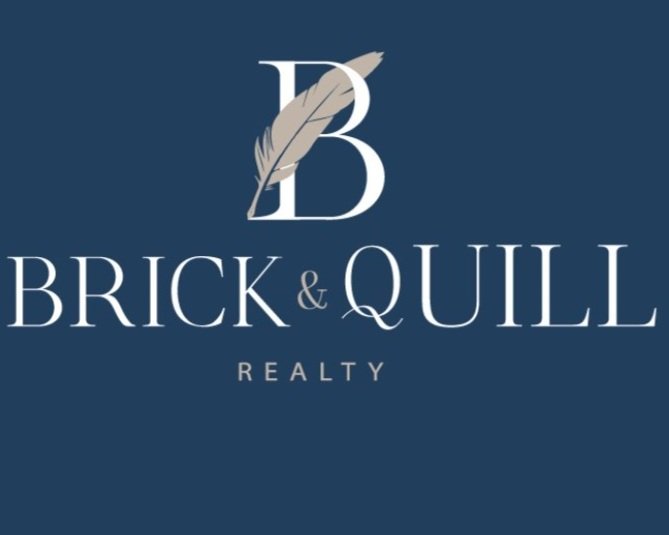Does House Hacking Really Work?
Yes. House hacking is a real estate investment strategy that involves living in a property while renting out a portion of it to offset mortgage payments and other expenses. This strategy is typically used for single-family and small multifamily homes used as a primary residence.
When executed properly, house hacking can enable individuals to live in expensive areas for free or even generate positive income through home ownership. However, it's important to note that house hacking requires careful planning, management, and compliance with local laws and regulations.
It is true that financing a primary residence is generally less expensive than buying a rental property, with better terms and interest rates, and down payments as low as 0%. By renting out a portion of the property, homeowners can generate income that offsets the cost of their mortgage and other expenses associated with owning a home.
What to Consider Before House Hacking in Baltimore
Before engaging in house hacking, there are several considerations related to home financing that one must keep in mind. Here are a few key ones:
Down Payment: Depending on the type of home loan you choose, you may need to make a down payment on your primary residence. While some loan programs allow for a 0% down payment, others may require up to 20% down. Before house hacking, you should ensure that you have the necessary funds to make a down payment and avoid incurring costly private mortgage insurance (PMI).
Interest Rates: Interest rates vary depending on the type of home loan you choose and your creditworthiness. Before house hacking, you should compare interest rates from multiple lenders and choose the one that offers the best terms.
Loan Type: There are several types of home loans, including conventional loans, FHA loans, VA loans, and USDA loans. Each loan type has its own set of requirements and restrictions, so it's important to choose the one that is best suited for your financial situation and house hacking goals.
Affordability: Before purchasing a property for house hacking, it's important to determine how much you can afford. You should consider not only the cost of the property but also other expenses such as taxes, insurance, maintenance, and repairs.
Compliance with Local Laws: House hacking may be subject to local laws and regulations, such as zoning laws, building codes, and rental regulations. Before house hacking, you should research and ensure that you are compliant with all applicable laws and regulations.
Is Baltimore a Good City for House Hacking
House hacking can make financial sense in any city, including Baltimore, MD, depending on various factors such as the local real estate market, property prices, and demand for rental units.
According to recent data, the Baltimore real estate market has been growing steadily, with increasing demand for housing units. The median home value in Baltimore is $174,800, which is lower than the national average, making it an affordable market for homeownership. Additionally, the city has a diverse population, including college students, young professionals, and families, which creates a demand for various types of rental units.
Furthermore, Baltimore has a strong economy, driven by industries such as healthcare, education, and technology, which results in a steady stream of job opportunities for residents. This means that there is a consistent demand for rental properties, making it an attractive market for house hacking.
In summary, Baltimore, MD, can be a city where house hacking makes financial sense, as long as the homeowner does their due diligence in researching the local real estate market, property prices, and demand for rental units. By finding a property that is affordable and has the potential to generate rental income that exceeds expenses, a homeowner can successfully implement the house hacking strategy and generate passive income from their primary residence.


